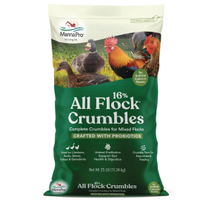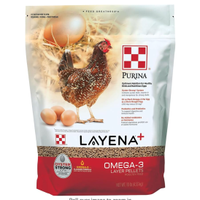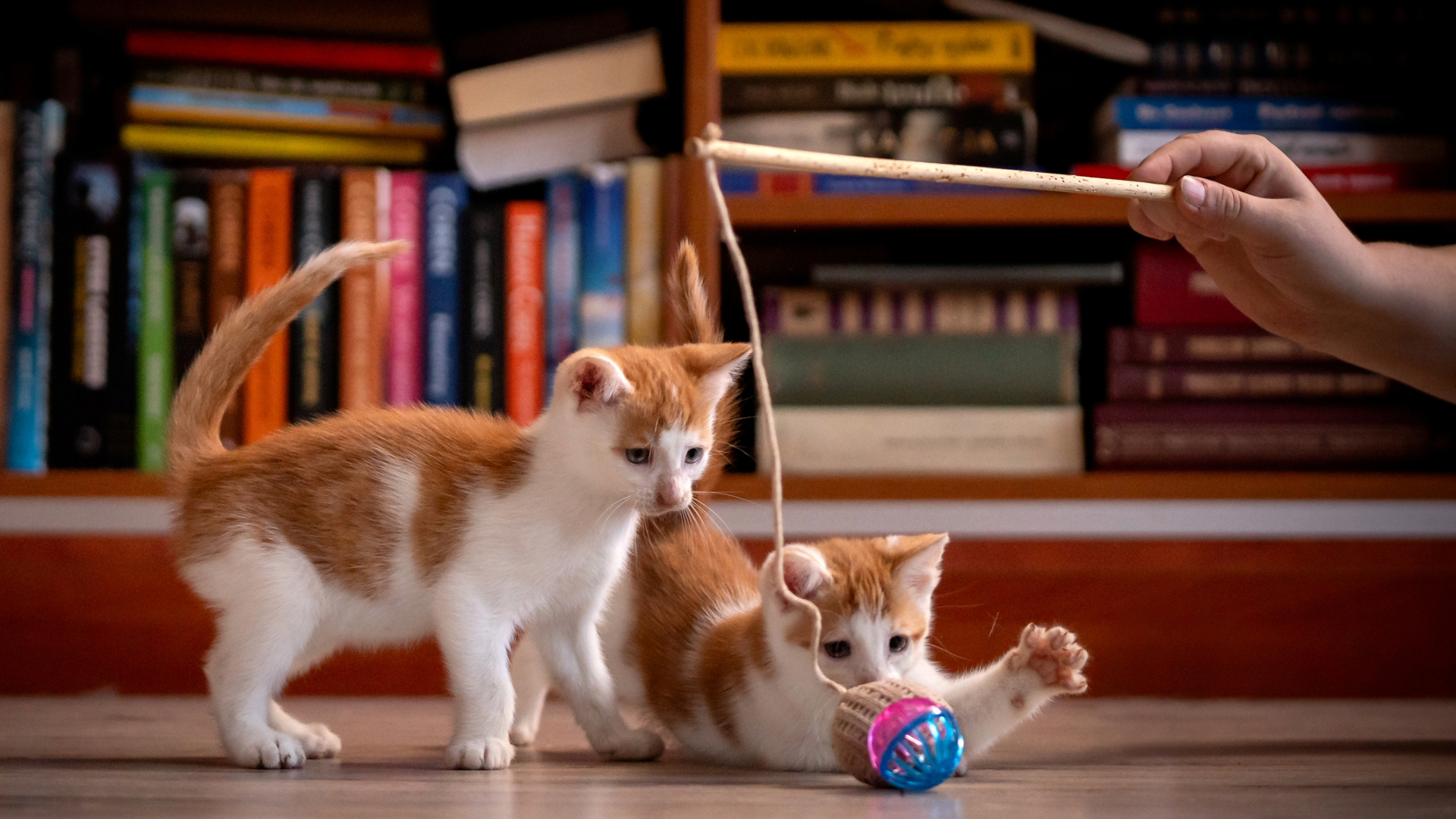Can chickens eat bird food? We asked a vet
If you’re wondering whether you can feed chickens bird food, we’ve got the answer!
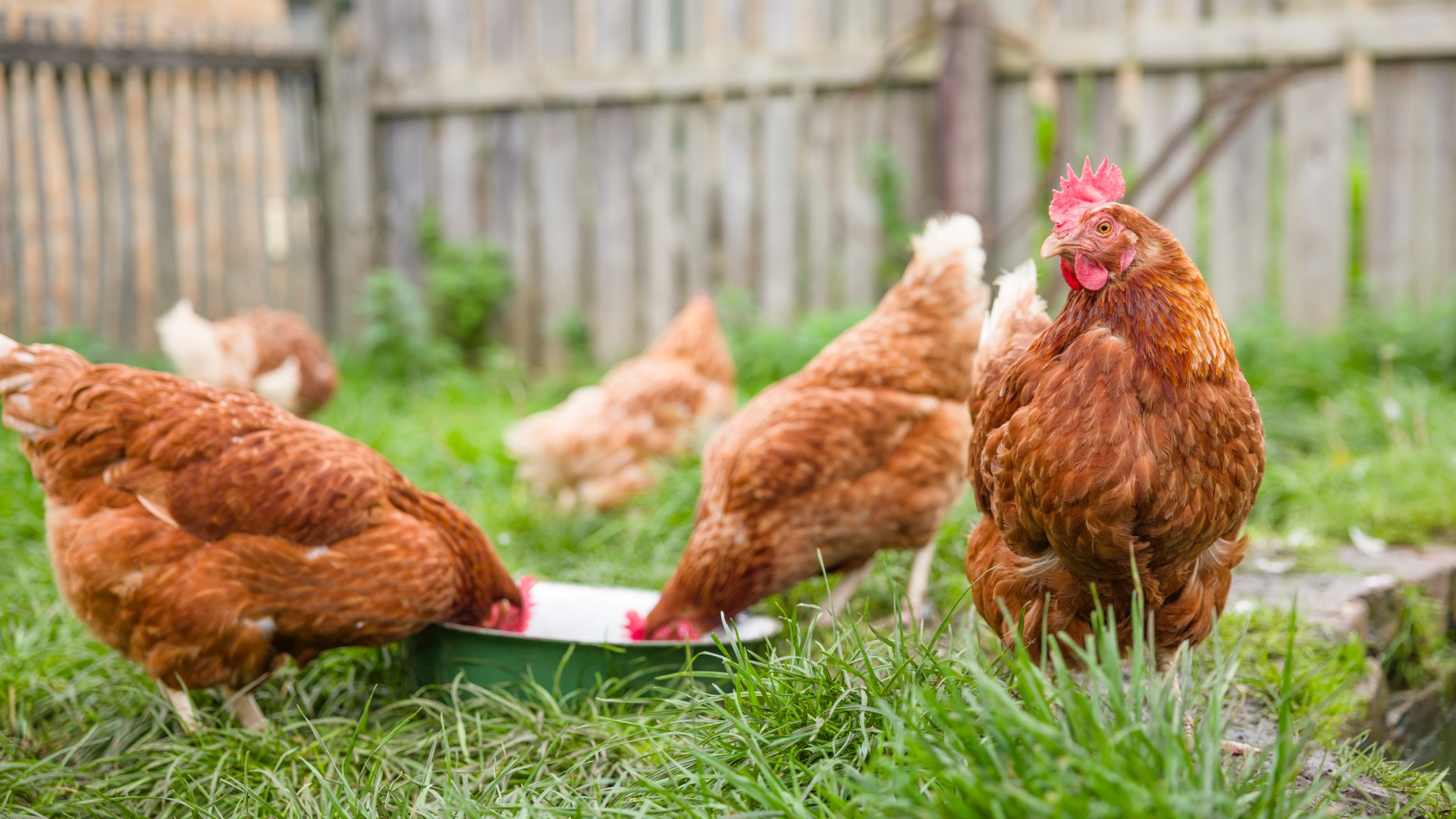
Can chickens eat bird food? It's a question you may be asking if you have a flock of feathered friends as part of your family.
The best bird food makes a delicious and nutritious snack for the wild birds that visit our gardens, but is it suitable for chickens? Well, according to expert vet Dr. Rebecca MacMillan, chickens can eat bird food in moderation.
That being said, it's important that bird food be considered a 'treat' item and not a part of your chickens daily diet. That's because it lacks the correct balance of nutrients chickens need to thrive.
Below, Dr. MacMillan explains more about this and also shares what food items you should never feed chickens and which foods are the healthiest and most nutritious for them. Let's take a look...
Can chickens eat bird food?
As you know, chickens will eat most things that they can get their beaks on, but that doesn't mean these foods are always good for them. When it comes to bird food, Dr. MacMillan says these mixes are okay to feed chickens as a treat, but you want to avoid dishing this up on a regular basis.
"Chickens can eat bird food, including wild bird seed mix, but only in moderation," she says. "They shouldn’t eat it regularly as it does not contain the right balance of calcium and vitamins and can be too high in calories. This could be a particular problem for laying hens. It is not a long-term substitute for their normal chicken pellets, so must only be given as an occasional treat."
A complete feed suitable for a mixed flock, this feed is free from artificial colors and flavors and has added probiotics to support gut health and digestion. Comes in crumble form for easy feeding.
What should you not feed chickens?

While chickens can eat a variety of kitchen scraps, Dr. MacMillan says there are some that you should avoid.
PetsRadar Newsletter
Get the best advice, tips and top tech for your beloved Pets
"Uncooked potatoes and their peelings should not be fed to chickens as they can be quite high in solanine, as are green tomatoes. Solanine can cause neurological issues, digestive upset, and breathing problems," she explains.
"Uncooked rice is not suitable as it can swell and in the digestive tract, causing discomfort or even a blockage. Chocolate is potentially toxic to chickens, as it is in many other animals. Butter and cheese are too fatty for chickens to eat regularly, as are fried foods like chips.
You must never give them any food that is rotten or moldy either, as this could make them sick."
And if you have other feathered friends who love flocking to your garden, check out our vet's guide on what not to feed wild birds for a list of safe and unsafe food items.
What is the best food to feed chickens?
When it comes to the best food to feed chickens, Dr. MacMillan says that commercial chicken feed will always be number one. "This will be the staple part of their diet and is formulated to meet most of their nutritional needs," she explains.
"Your chicken will also enjoy eating bugs as they scratch and peck around your yard. They will have a go at most things including grasshoppers, ants, caterpillars, slugs, and beetles. If your chicken isn’t free range, then you could provide them with dried mealworms or crickets instead.
Chickens will also enjoy tackling weeds such as dandelions and nettles, as well as the occasional kitchen scrap like cooked pasta, cooked rice, fruit, chopped nuts, and oats."
If you have an egg-laying hen in your flock, these pellets are well worth considering. Made without added hormones or antibiotics, it's formulated to produce 250mg Omega-3 per large egg.
Looking for more avian-themed content? Check out these 32 tips for taking care of wild birds. Plus, we reveal the best squirrel-proof bird feeders!
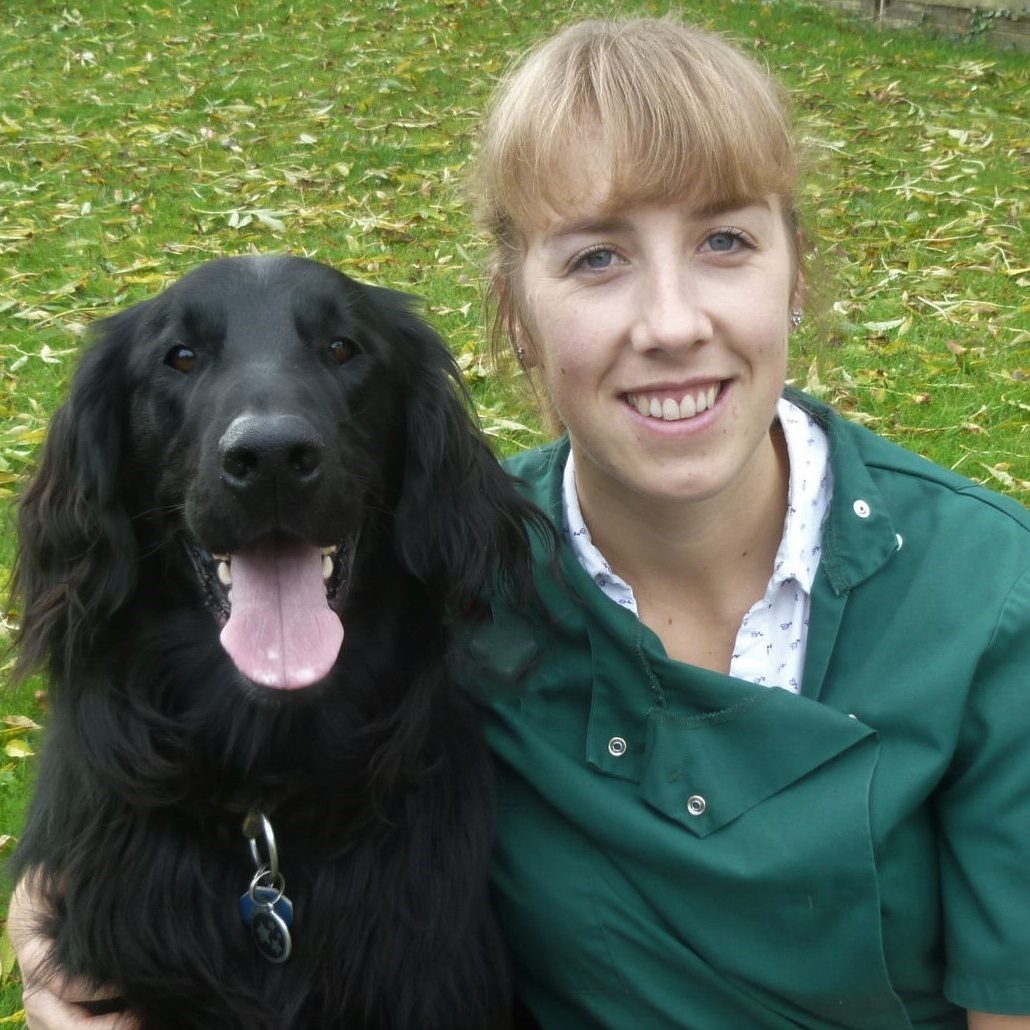
Rebecca is a vet surgeon who graduated from the Royal Veterinary College in 2009. She has a wealth of experience in first opinion small animal practice, having done a mixture of day-to-day routine work, on-call emergency duties and managerial roles over the years. She enjoys medicine in particular and she is proud to have recently achieved a BSAVA postgraduate certificate in small animal medicine (with commendation). She writes on various feline and canine topics, including behavior, nutrition, and health. Outside of work and writing she enjoys walking her own dog, spending time with her young family and baking!

Kathryn is a freelance writer who has been a member of the PetsRadar family since it launched in 2020. Highly experienced in her field, she's driven by a desire to provide pet parents with accurate, timely, and informative content that enables them to provide their fur friends with everything they need to thrive. Kathryn works closely with vets and trainers to ensure all articles offer the most up-to-date information across a range of pet-related fields, from insights into health and behavior issues to tips on products and training. When she’s not busy crafting the perfect sentence for her features, buying guides and news pieces, she can be found hanging out with her family (which includes one super sassy cat), drinking copious amounts of Jasmine tea and reading all the books.
